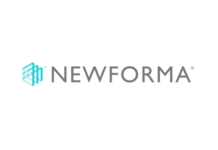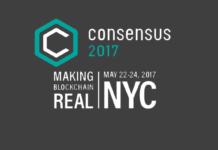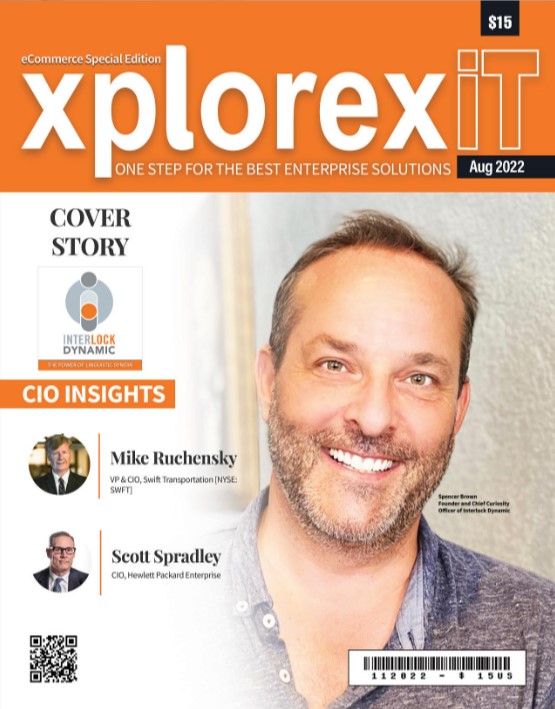
The global health and economic crisis due to COVID-19 within the context of the Internet of Things (IoT), is stimulating novel ways to apply technologies for the creation of a new trust layer. This trust layer is pivotal to the creation of new business models, especially during times of uncertainty. My colleagues and I, at Syniverse have been thinking about the development of such a trust layer that can be sustainable during a crisis.
Why?
In the next five years, the technologies Internet of Things (IoT), 5G, blockchain, Artificial Intelligence (AI) and Augmented Reality and Virtual Reality (AR/VR) are poised to become amongst the biggest in the telecommunications and mobile connectivity industries.
Identity, even that found in smart devices, is a key foundational component to IoT and certainly to the implementation of blockchain. When devices communicate with other devices, and humans’ interface with those smart devices, implementing trust is critical from a security and privacy perspective.
The stakes, therefore, are high, because data leakage and malicious hacks alike can damage consumer trust in an instant. In order to establish trust by embedding safety in design and implementation, it’s important to identify key mechanisms that facilitate this process.
Zero Knowledge Proof (ZKP) is one such method where one party can prove to another that they know a value without conveying any information apart from that. In other words, it’s a way of saying, ‘I cannot tell you my secret, but I can prove to you that I know the secret.’
An example of ZKP can be in proofs like age queries — for example, are you between the age of 18 and 45? — or perhaps, by setting an organizational membership proof, such as asking a user if they are a citizen of North America.
Fundamentally, ZKPs apply to IoT networks and protect against spoofed or compromised devices, while also implementing safeguards to protect against data leakage and a host of other security concerns.
Hyperledger, Indy and Aries, meanwhile, comprise the parts that are focused on peer-to-peer identity with the use of ZKPs (think privacy by design at a simple level). Hyperledger Fabric also already possesses a ZKP capability.
Syniverse is collaborating with various customers, business partners and industry organizations to assess the development of ZKPs for solutions that will best serve customers in today’s evolving technology landscape.

Perhaps these have already been put into practice with the pervasive adoption of IoT across the 11 industrial verticals such as transportation, retail, healthcare, oil and gas, and manufacturing — as well as the success stories to prove it:
Transportation
Connected cars are the IoT use case in this vertical, and Tesla is a great example. An IoT device with a subscriber identity module (SIM) card is installed and used to transmit telematic and driver behavioral data for advanced analytics. Insurance companies, like Liberty Insurance, then uses the driver’s behavioral data to adjust insurance premiums accordingly.
Syniverse is already talking to a few transportation companies to sell our IoT solutions to them, such as Global SIM, Mobile Policy Control Center (MPCC) and Secure Global Access (SGA).
Healthcare
IoT has proven valuable for remote patient diagnosis, senior care and medical equipment monitoring. Philips is one of the IoT leaders in this segment, evidenced by a wearable sleep headband that aims to improve the quality of sleep.
IoT-enabled connected devices capture huge amounts of data, including patients’ sensitive information, giving rise to concerns about data security and HIPAA compliance. But Syniverse’s offerings allow the IoT traffic to bypass the unsafe public Internet. They have huge potential to solve for the IoT security challenges.
Retail
Top retail brands such as Starbucks are connecting their store devices to the Internet so they can analyze data for predictive maintenance. Starbucks, specifically, is using several Azure cloud products to connect and secure the more than a dozen pieces of equipment in each of Starbucks 30,000 stores, from coffee machines to bean grinders and blenders.
Agriculture
Precision Ag technology is hot in this vertical. It leverages IoT to achieve efficiency in seeding, fertilizing and harvesting. John Deere is a leader in this category, as their use of cameras and sensors in their tractors detect the color of crop leaves and determine which areas on the farm to spread fertilizer, saving framers a lot of money.
Utilities
IoT has been adopted by many utility companies supplying gas, water, and electricity to residential and enterprise customers for predictive maintenance, smart metering and remote control of building energy settings.
The New York State Power Authority (NYPA) is the largest state public power organization in the U.S. It operates 16 generating facilities and more than 1,400 circuit-miles of transmission lines. The organization has connected its energy-producing machines to analytics software via IoT sensors. The software provides operations leaders with predictive alerts that accurately forecast possible failures up to weeks before they occur.
Financial Services
Applications of the IoT in the financial services field include personalized customer service, and intelligent asset monitoring, such as ATMs and fraud detection.
For instance, Citibank deployed beacons at its New York City branches, enabling customers to enter ATM lobbies during off-hours without a card and to receive personalized, location-based messages. This provides bank branches with better engagement and personalized customer experiences. Customers don’t need to use their ATM card, which gives them peace of mind for not having to pull out their wallet in a non-secure environment.
Manufacturing
The adoption of IoT in manufacturing enables the transition of traditional manufacturing systems into modern digitalized ones such as smart factories. A smart factory has a connected environment where machinery and equipment can improve processes through automation and self-optimization.
Boeing’s acquisition of Tapestry Solutions’ Enterprise Sensor Integration (ESI) product has helped seamlessly connect people, processes and data on factory floors, as well as supply chains across the enterprise. By providing a standard infrastructure for data and analytics, ESI gives decision-makers a complete picture of their inventory and asset transfers throughout the entire production process.
In summary, there are abundant IoT opportunities in the enterprise space that we are already seeing come to fruition.
Trust is not a given in our connected world. As the adage states, “Trust takes years to build and forever to repair.”
With our deep experience and solutions as the world’s most connected company, Syniverse is well-positioned to capitalize on the IoT market opportunities in a secure, trustworthy way in spite of COVID-19.







































